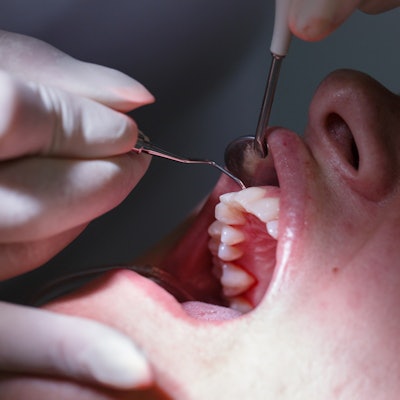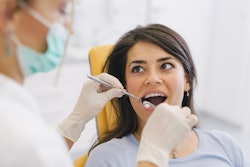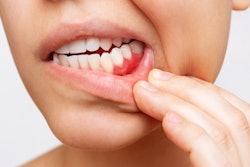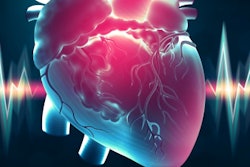
A new scoring method based on cytokine levels in saliva could help dentists determine how well patients respond to treatments for gum disease, according to researchers at the New York University College of Dentistry.
A team led by Dr. Angela Kamer, PhD, of the school's Ashman Department of Periodontology and Implant Dentistry developed an approach that measures inflamed periodontal tissue based on levels of several proinflammatory cytokines in saliva. In testing, the scoring method was significantly associated with standard clinical approaches, they found.
"Many studies investigated salivary cytokines in relation to a variety of continuous and discrete measures of periodontal disease," Kamer and colleagues wrote. "However, few studies explored their relationship with PISA, the continuous index of clinical periodontal inflammation" (PLOS One, February 15, 2023).
PISA (an acronym for periodontal inflamed surface area) is a standard tool used to measure gum disease in patients based on the depth of pockets in the gums and bleeding on probing. PISA provides a single measure of periodontal inflammation. A higher PISA score indicates worse inflammation.
Yet salivary cytokines such as IL-8, IL-1β, IL-6, and tumor necrosis factor alpha, which respond to sites of inflammation, may serve as surrogates for periodontal inflammation and provide clinicians with disease information on a deeper cellular level, the authors explained. Thus, the research team tested the hypothesis that these salivary cytokines could be reasonably aggregated and that PISA may be associated with the composite scores.
In the study, the researchers obtained PISA measurements in 67 adults, ages 45 and older, who had some degree of periodontal disease but were otherwise healthy. Participants were also asked to spit into sterile tubes to capture saliva samples, which were then analyzed to measure a range of both pro and anti-inflammatory cytokines.
According to the findings, PISA scores were significantly associated with the new cytokine scores, independent of other factors, including age, gender, smoking, and body mass index. The higher the cytokine score, the greater the periodontal inflammation, they found.
"This demonstrates that a single score encompassing several salivary cytokines correlates with the severity of periodontal inflammation," Dr. Leena Palomo, co-author of the study, said in a news release from the university.
Ultimately, the researchers noted that more research is needed to validate the cytokine score in patients with different health conditions and those with all levels of periodontal disease, including healthy gums and early-stage gum disease.
Nonetheless, if the cytokine score is validated in larger and more diverse patient populations, it could be used to better understand periodontal disease progression and recurrence, they suggested.
"With treatment for gum disease, such as scaling and planing, we know that the PISA score goes down. It would be interesting to see if the cytokine score also drops -- or, if it persists," Kamer added.



















